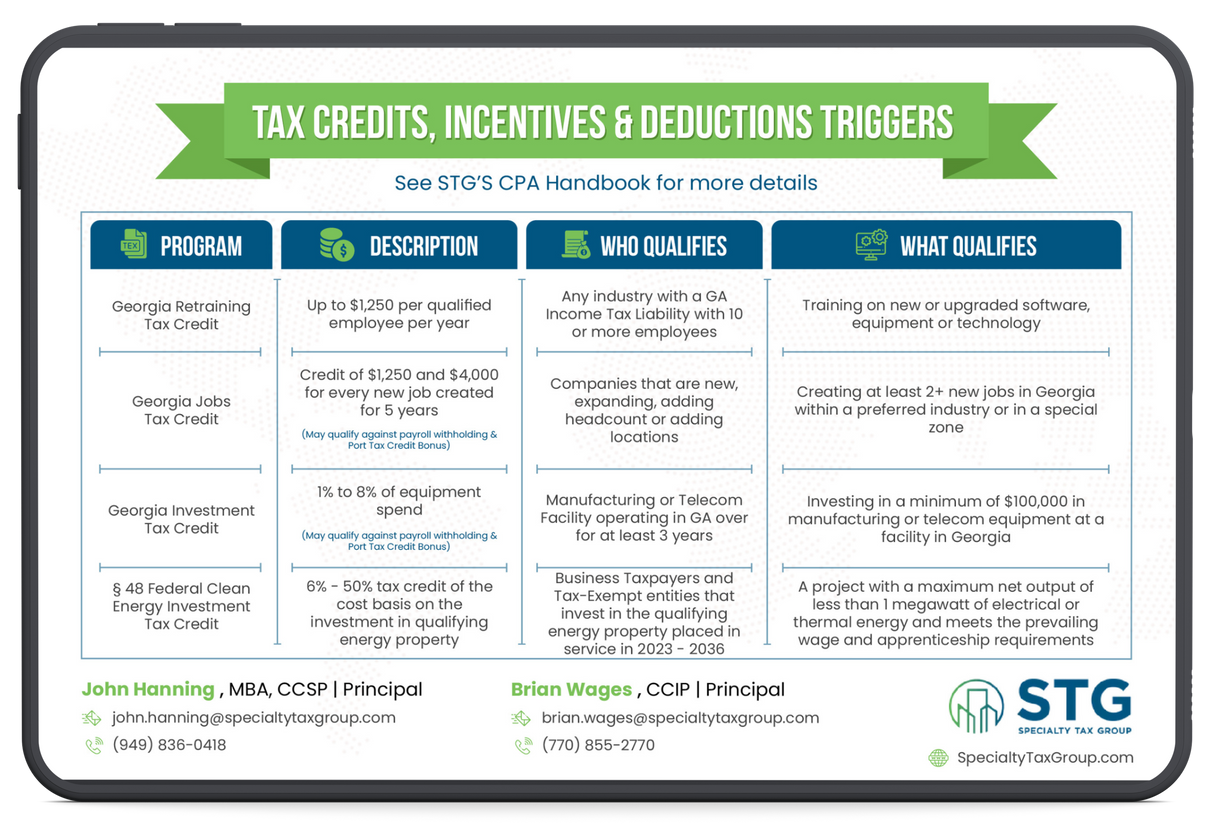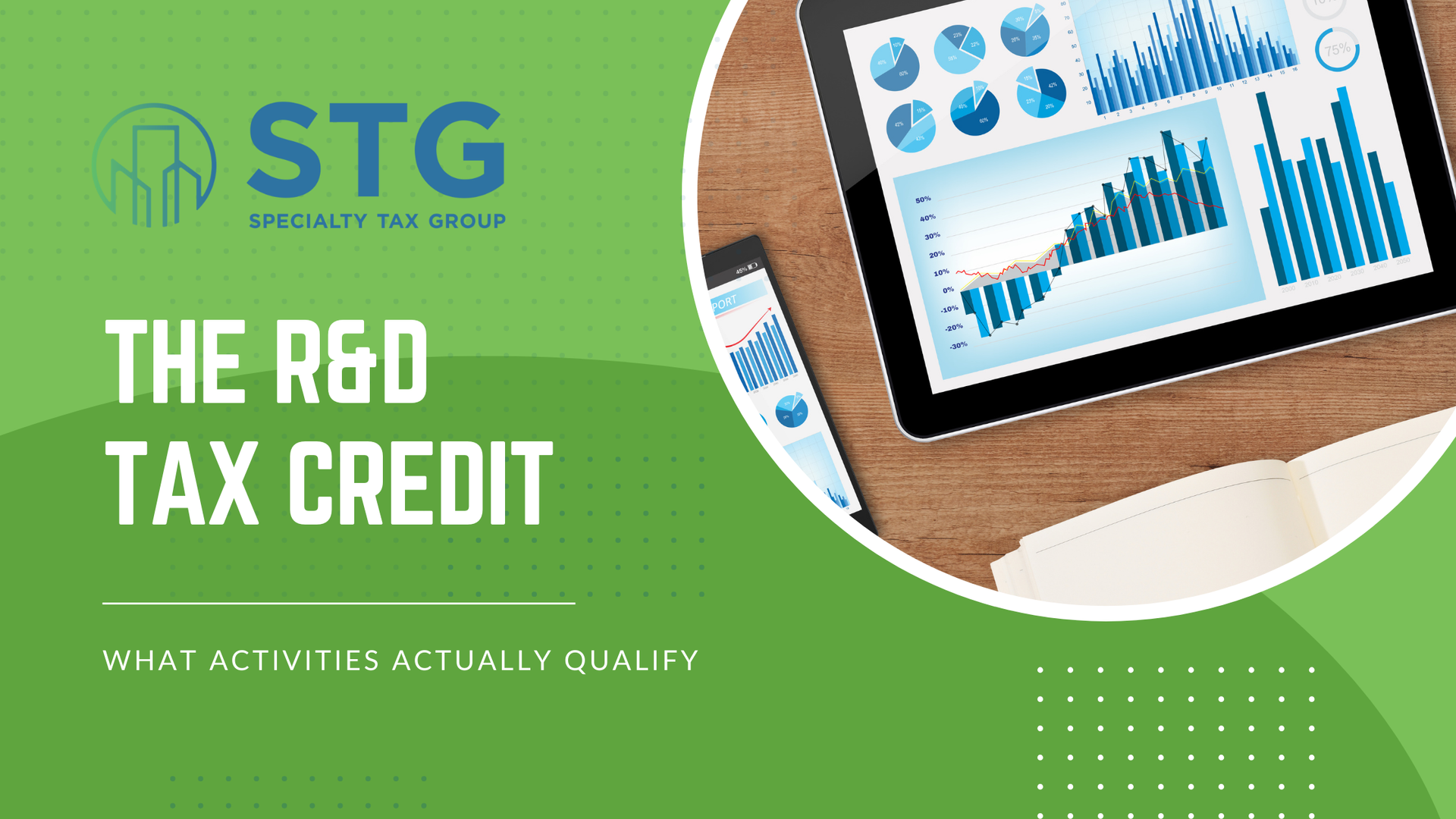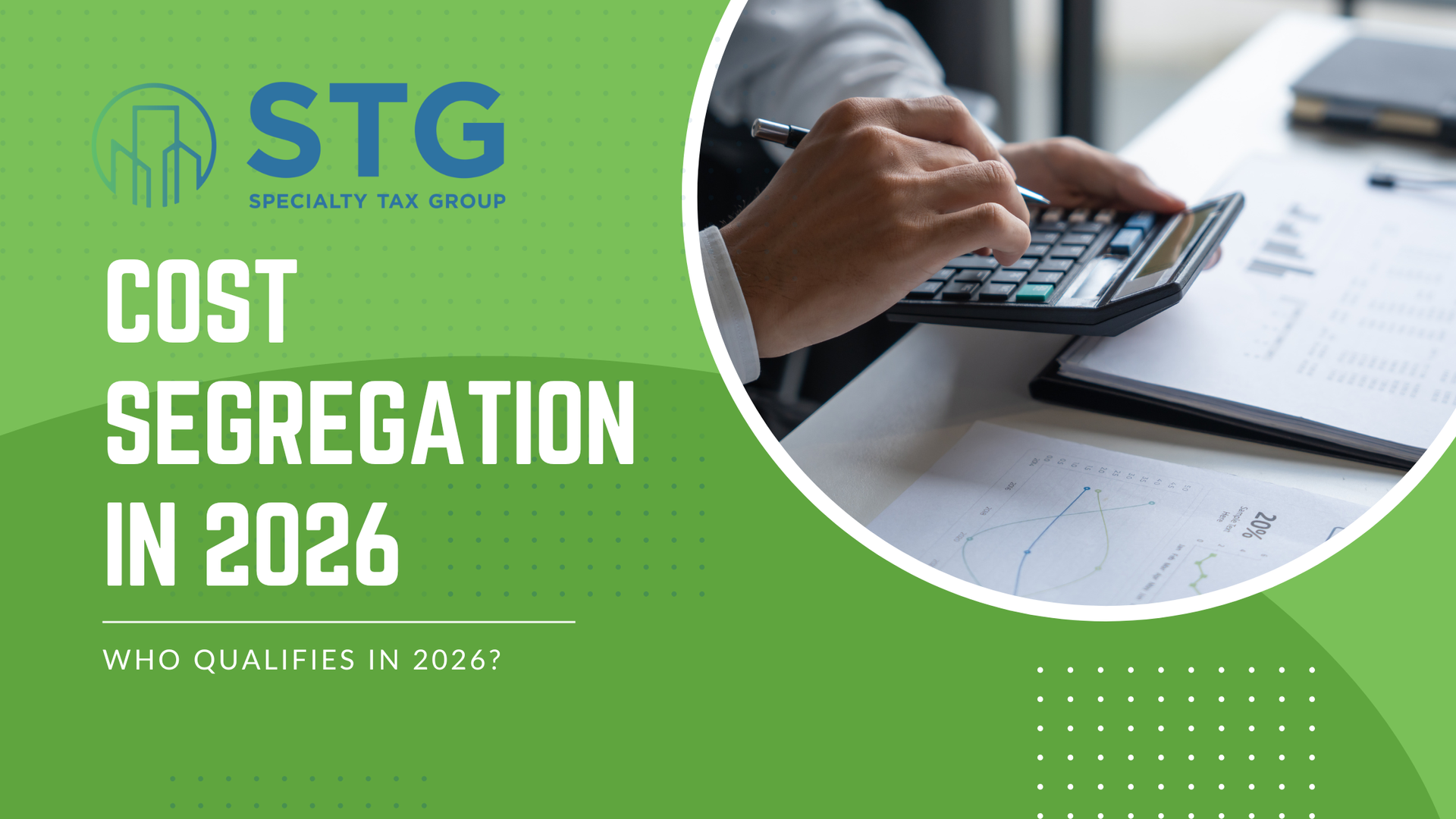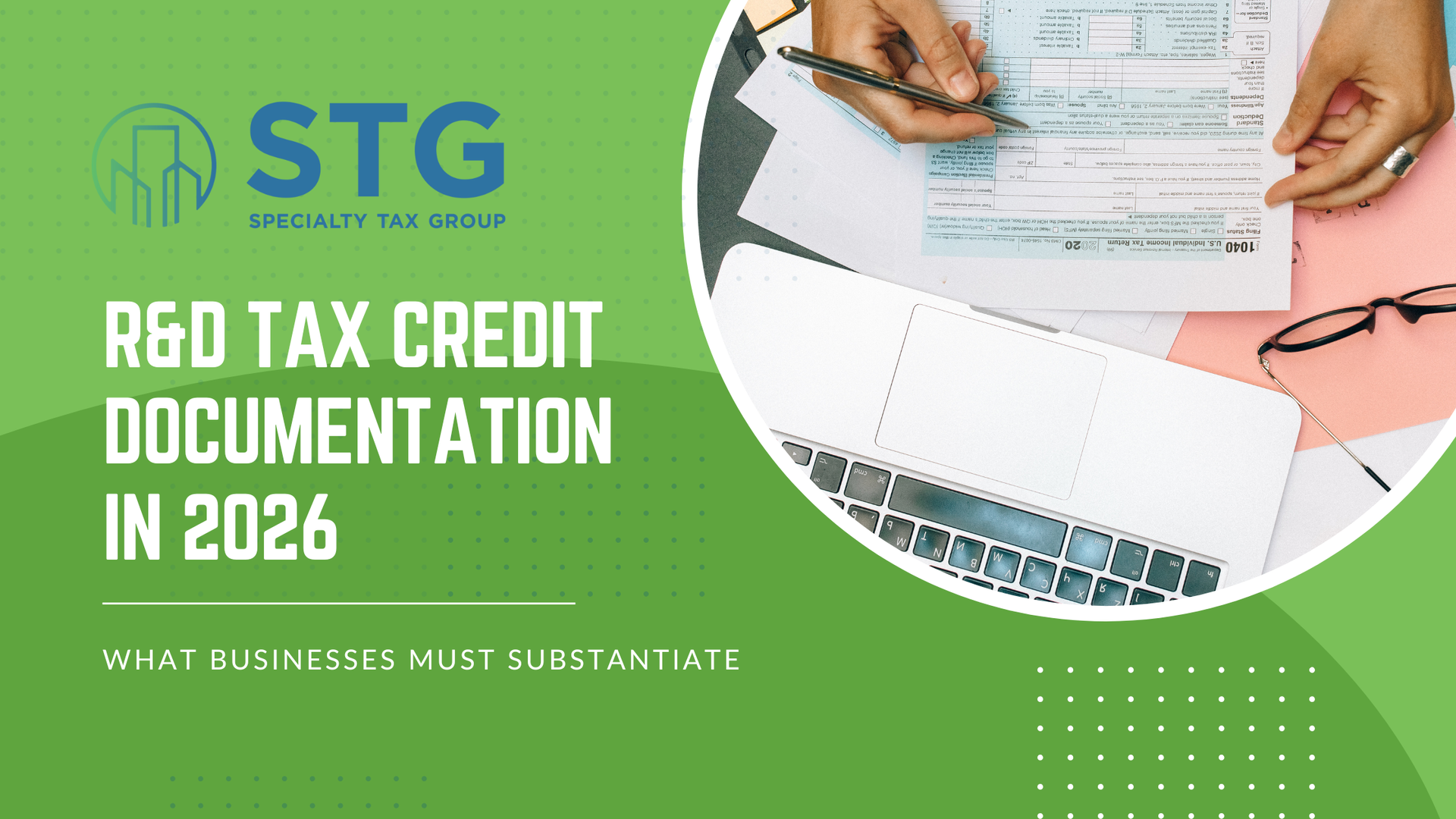This blog post has been researched, edited, and approved by John Hanning and Brian Wages. Join our newsletter below.

The state of Tennessee has made tax breaks for local companies to help motivate them to make jobs and buy stuff from inside the state. Two of the tax breaks that companies can cash in on are the Tennessee Jobs Tax Break and the Industrial Machines Tax Break.
What is the Tennessee Job Tax Credit?
One of the most common tax credits businesses can take advantage of is the Job Tax Credit. Businesses can receive a credit of $4,500 per new job created within a 3-year period with an investment of at least $500,000. The minimum jobs created depends on the county where the business is located and is broken down below:
- 25 jobs in a tier 1 or 2 enhancement county,
- 20 jobs in a tier 3 enhancement county, or
- 10 jobs in a tier 4 enhancement county.
In order to qualify for the Tennessee Job Tax Credit, businesses need to fall under certain enterprises. Qualified businesses include manufacturing, warehousing and distribution, aircraft repair service, computer services, data centers, call centers, headquarters, convention centers, processing, and research and development facilities in Tennessee. To be considered a full-time job, the employee must work at least 37.5 hours a week for a period of 12 months and receive the minimum health care package. The credit is limited to 50% of the company’s current franchise and excise (F&E) tax liability and companies can claim any unused credit within 15 years.
What is the Industrial Machinery Tax Credit?
Tennessee incentivizes organizations to purchase industrial machinery from a qualified Tennessee manufacturer. The tax exemption provides financial relief for manufacturers by reducing state taxes and overhead overall. The machinery is required to be personal property necessary for the manufacturing process that is created to be resold and consumed off the premises. The qualified businesses eligible for the credit can receive up to 1% to 10% for purchasing, installing, and repairing qualified machinery. The amount varies by the investment amount made into the machinery. The industries eligible for the industrial machinery tax credit include:
Manufacturing – This includes any purchases for machinery, accessories, repair parts, and labor.
Headquarters, Call Centers, and Data Centers – This includes computer hardware and software or computer devices purchased as a capital investment for the job tax credit.
Warehousing and Distribution – This includes material handling equipment and systems with a minimum of $10 million of capital investment within a period of 36 months.
These businesses can expect the credit amount by investment to increase as the investment increases
- <$100,000,000 – 1% of investment
- >$100,000,000 – 3% of investment
- >$250,000,000 – 5% of investment
- >$500,000,000 – 7% of investment
- >$1,00,000,000 – 10% of investment
The Job Tax Credit and Industry Machinery Tax Credits were designed to help put money back in the hands of Tennessean companies by incentivizing job creation and the investment of machinery.





